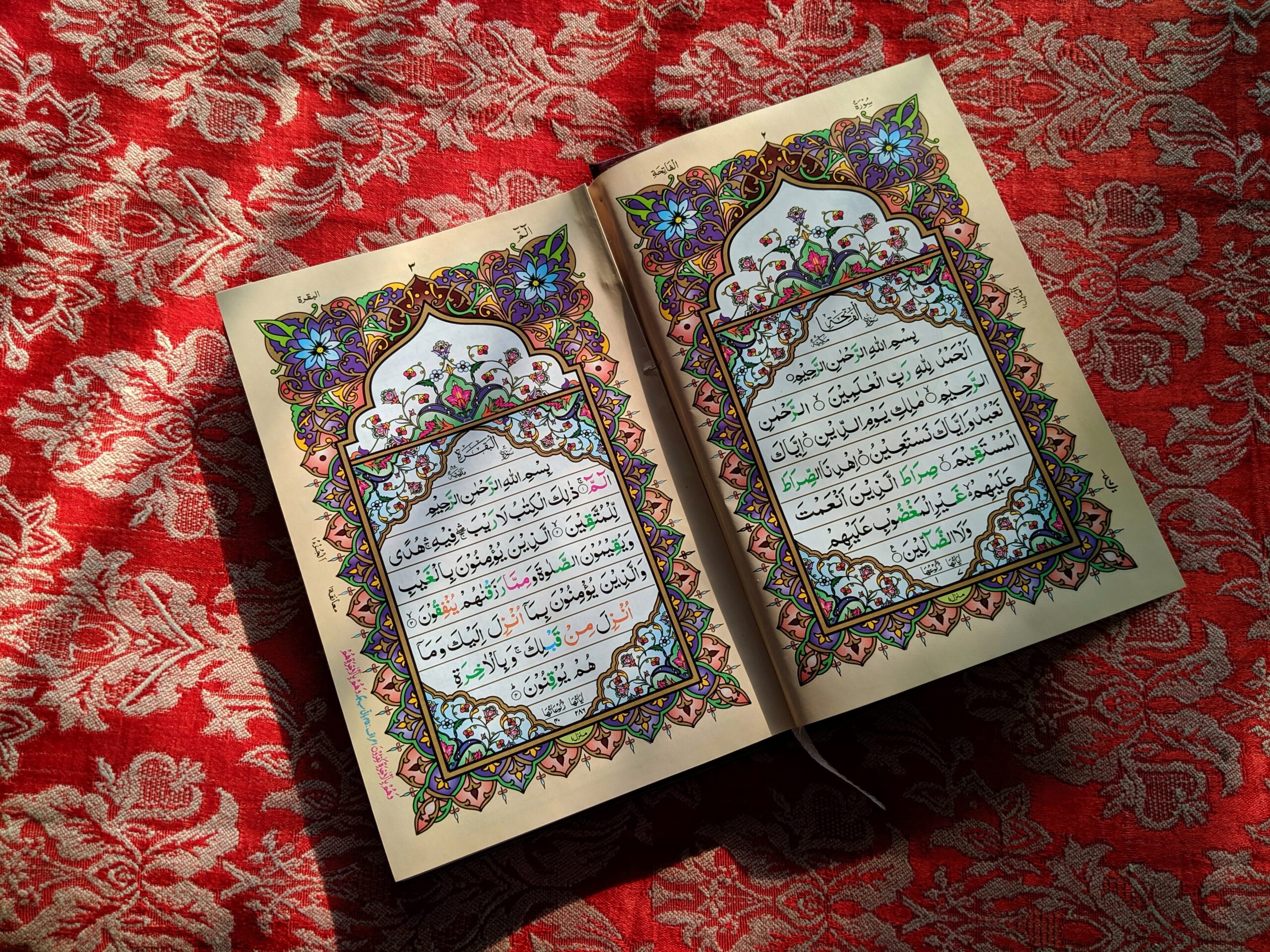Islamic banks face significant challenges in efficiently managing liquidity due to the limited Shariah-compliant instruments available. Conventional banks readily utilize money market tools like interbank deposits, repurchase agreements, treasury bills, and commercial paper to invest excess funds or obtain financing. However, these interest-bearing instruments are prohibited under Islamic (Shariah) law.
The global Islamic finance industry has been growing at over 10% annually, reaching over $4 trillion in assets in 2021. However, major markets like the Gulf Cooperation Council, Malaysia and Indonesia still lack comprehensive Islamic money market tools.
The lack of tradable short-term Islamic financial instruments poses a major difficulty. Commonly used liquidity management products like commodity Murabaha contracts suffer from drawbacks such as high transaction costs, limited flexibility, and continuing debate regarding shariah compliance. Although Murabaha provides a temporary workaround, it leads to inefficient asset allocation.
Other emerging instruments like salam sukuk and qard hasan also have potential for short-term liquidity management but lack standardization currently. Istisna’a bonds allow shariah-compliant project financing but are not tradable.
Islamic interbank money markets also remain small and underdeveloped in most jurisdictions, with few market participants. Central bank facilities to aid Islamic bank liquidity vary across countries but are inadequate overall. While some countries like Malaysia offer Islamic repo and liquidity management facilities, they are absent in many other markets including Kuwait, UAE, and Nigeria. This places Islamic banks at a disadvantage compared to conventional peers.
Varying interpretations of Shariah compliance across jurisdictions and lack of harmonization further obstruct the development of an integrated Islamic money market. Regulators in some countries also restrict Islamic banks from placements with conventional banks, severely limiting their options for counterparties and instruments. Consequently, overreliance on commodity Murabaha persists as a suboptimal stopgap despite its flaws.
Sukuk Wakala has emerged as a more flexible Shariah-compliant instrument for liquidity management. It involves certificate holders appointing the sukuk issuer as an investment agent (wakil) to deploy the funds using qard (interest-free loans), Murabaha or other contracts. The wakil invests according to guidelines and passes actual returns from the underlying assets to sukuk holders as principals.
By directly linking returns to the real performance of underlying assets instead of benchmark rates, Wakala complies with the Islamic prohibition on interest. Its tradable nature and flexibility of structuring also facilitates the development of a secondary market for Islamic money markets. Wakala can be structured with short maturities to effectively meet liquidity needs.
The global standard-setting body, Accounting and Auditing Organization for Islamic Financial Institutions (AAOIFI) has approved Wakala as a permissible instrument, giving it credibility. While still at a nascent stage, jurisdictions like Saudi Arabia, Dubai and Malaysia have seen debut issuances of Wakala.
As the adoption of Islamic finance grows, so does the number of jurisdictions which accommodate these instruments. One example is Kyrgyzstan, a Central Asian country with aspirations to become a major regional Islamic finance hub. One attractive feature is that Kyrgyz law does not require the originator of a Wakala issue to be local. This provides flexibility in using the country as a legal wrapper, with the underlying assets managed elsewhere by a properly rated Islamic institution.
Regulators globally should incentivize issuances of Sukuk Wakala and promote standardization to develop Islamic money markets. Composite sukuk utilizing both Wakala and Mudaraba contracts can also increase flexibility. Ultimately, a combination of regulatory support, financial innovation and developing cross-border markets is needed to strengthen shariah-compliant liquidity management.
Rustam Aliev is Islamic Desk Chief at Interstan Securities LLC, the oldest securities broker-dealer in Kyrgyzstan and a pioneer in issuance of Islamic securities in the country.



